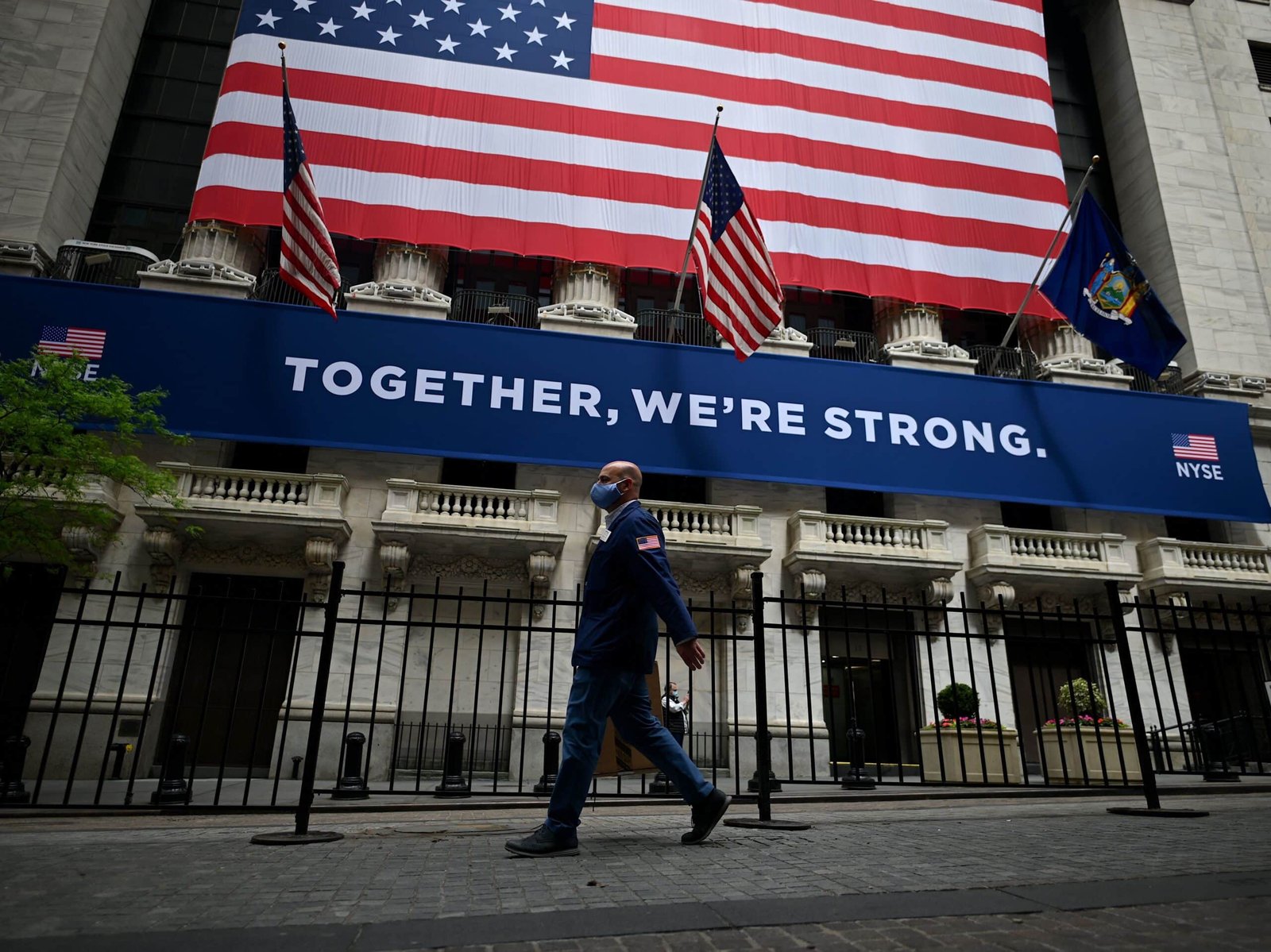US stocks experienced a notable decline as negotiations surrounding the debt ceiling continue to drag on, creating a sense of unease among investors. The prolonged discussions and the lack of a timely resolution have contributed to a growing sense of uncertainty, resulting in a downward trend in the stock market.
The debt ceiling, which sets a limit on the amount of money the US government can borrow, has been a topic of contention and political debate. Failure to raise or suspend the debt ceiling would risk the possibility of the US government defaulting on its obligations, leading to potential economic repercussions both domestically and globally.
The impasse in reaching a consensus on the debt ceiling has prompted concerns among market participants. The uncertainty surrounding the US government’s ability to meet its financial obligations has cast a shadow over investor sentiment, leading to a sell-off in stocks. Investors, seeking stability and reassurance, are reacting cautiously as they assess the potential impact of a failure to raise the debt ceiling in a timely manner.
The lack of progress in debt ceiling negotiations has also led to increased volatility in the market. As investors grapple with the uncertainty surrounding the situation, heightened fluctuations and sharp price movements become more prevalent. This increased volatility adds to the overall sense of unease and reinforces the need for a prompt resolution to alleviate market concerns.
The impact of the debt ceiling deadlock extends beyond US stocks, reverberating through other financial markets as well. Global investors closely monitor the situation, as the US economy plays a significant role in the global financial landscape. The outcome of the negotiations and the subsequent resolution, or lack thereof, could have far-reaching implications for international markets and investor confidence worldwide.
Market analysts and economists emphasise the importance of a swift resolution to the debt ceiling issue. They stress that a timely agreement is crucial to restore stability, instill investor confidence, and support the continued growth and recovery of the US economy. Delays in raising the debt ceiling not only hinder the functioning of the government but also introduce unnecessary risks and uncertainties into the financial system.
The ongoing negotiations surrounding the debt ceiling have contributed to a decline in US stocks, generating concerns and uncertainty among investors. The lack of progress and a timely resolution have heightened market volatility and led to a cautious approach from investors. Swift action and a resolution to the debt ceiling issue are necessary to restore stability, rebuild confidence, and support the ongoing economic recovery. As the discussions continue, market participants closely monitor the developments, recognising the significance of a prompt resolution for both the domestic and global financial landscape.




